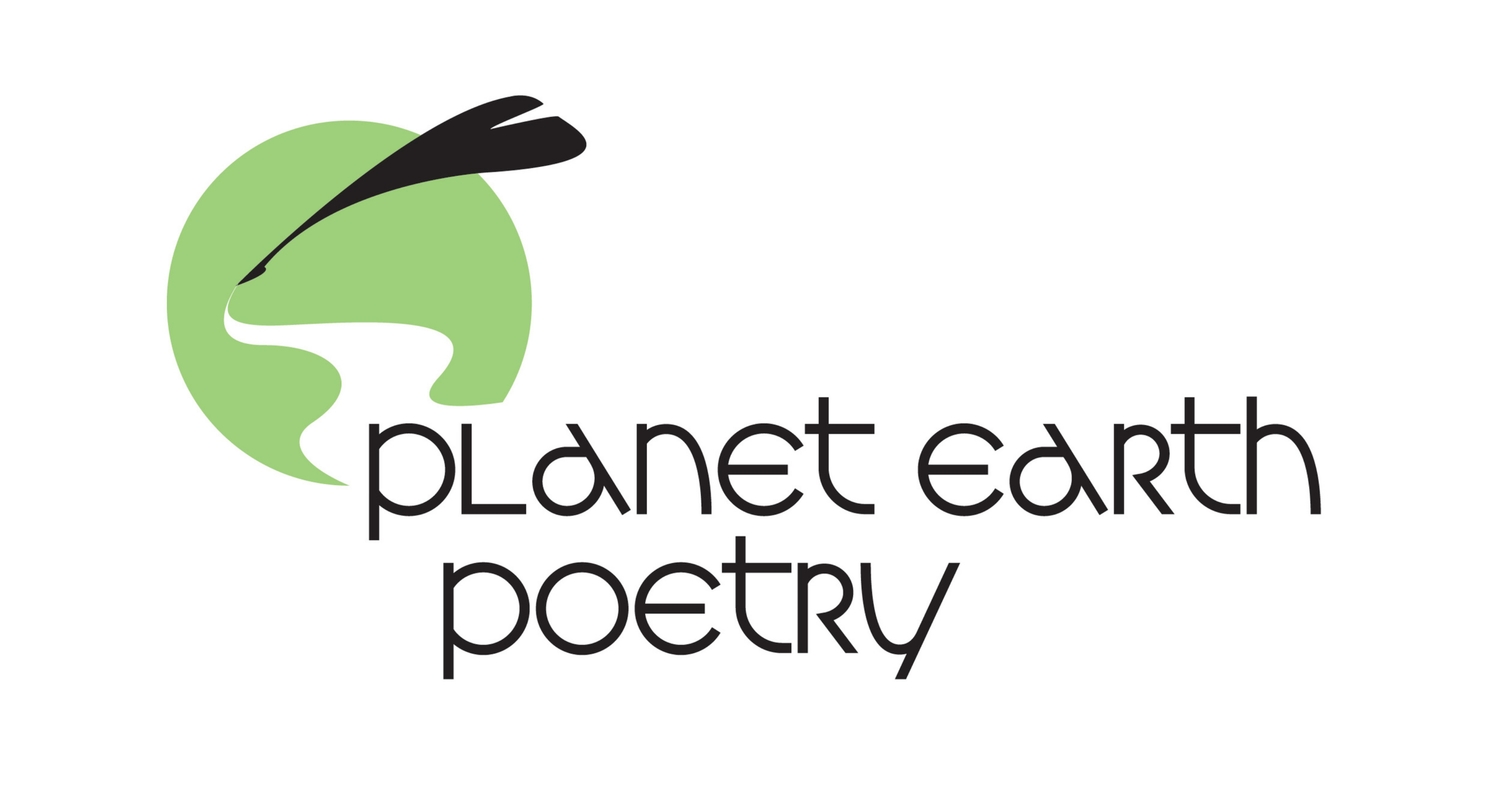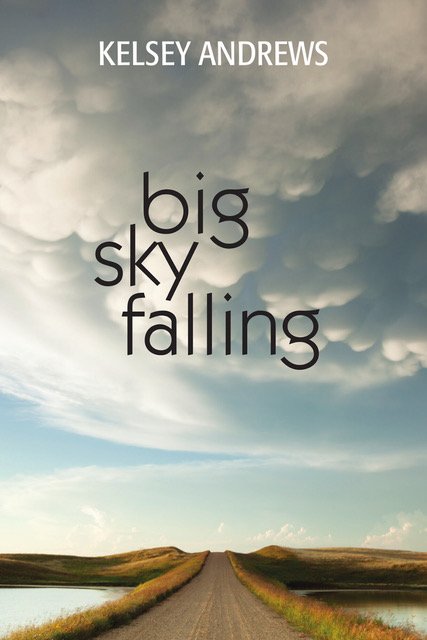REVIEWER: Wendy Donawa is grateful to live on the unceded territory of the Songhees and Esquimalt peoples, and to see the Salish Sea and the Sooke Hills from the window over her desk. Our Bodies’ Unanswered Questions is her second collection.
Poet Wendy Donawa
unpacking the poem:
Regional reviewers focus on regional poems
Reviewer Wendy Donawa unpacks a different poem every month. She examines the poem in a way she hopes is helpful for readers and other poets to understand how craft works in a particular poem, for a particular effect.
october 2024: kelsey andrews
“THE THREE FATES’ DRY CLEANING AND ALTERATIONS”
The fumes burrow a dry place
In the back of my throat.
My sister’s electric spinner hums
day and night: so many people
born these days that her fingers blister
and crack. My other sister’s arms
are sore from measuring. When I’m not
flipping the switch to carousel
the rack. I am kept busy—snip snip snip.
I tell myself it is not my doing—
I am not the one who measures.
This is why it was set up for three:
each can lay the blame on a sister.
Poet Kelsey Andrews
Kelsey Andrews lives on Vancouver Island, on W̱SÁNEĆ territory. She’s written about birdwatching when you can’t see the birds, suicide, snails, and two separate poems about turning into rock. Published among others in CV2, Prism, The New Quarterly, and Prairie Fire, her first book of poetry, Big Sky Falling, came out in 2021 with Ronsdale Press.
Unpacking “THE THREE FATES’ DRY CLEANING AND ALTERATIONS” by Kelsey Andrews.
Kelsey Andrews’ quirky use of Classical myth puts a new spin on our timeless fascination with this three-millenia-old tale of Fate’s enforcers. In myths of ancient Greece, human destiny was decided by three immortal sisters: The youngest, Clotho the Spinner, working the thread of human life with her eternal spindle; Lachesis the Allotter, who measured the thread, assigning length of life to each mortal; Atropos the Inevitable, the most stubborn and dire of the sisters, choosing how and when each life cycle was complete as she snipped the thread of life with her shears.
The power of myth to speak to our existential uncertainties can be seen in the way it has leaked into subsequent Norse and European legends, and thence into literature. Chaucer wrote of the Wyrd, the weird sisters who pop up later in Shakespeare’s Macbeth with their “toil and trouble.”
And now the poet places them in a contemporary dry-cleaning emporium! The textile metaphor continues, with “alterations” the title suggests. This is the wildest re-telling I’ve found of this myth! But it makes us laugh too. In an uneasy way. Those sinister burrowing fumes, blistering fingers, sore arms, the rack…all suggest a hell, a Hades, an underworld. Since the narrator refers to “my sister” (a spinner), and “my other sister” measuring, readers can assume that the speaker is Antropos, enforcer of Fate.
Kelsey Andrews suggests a modern and thoroughly dysfunctional relationship among the sisters. Antropos shows no concern for her sisters’ blistered fingers and sore arms, and certainly none for the mortals whose lives she snip snip snips from life. Here the shift for the reader is an uneasy recognition of an attitude we often see in the news, in the media; of the politically or financially powerful who disavow responsibility for disasters their greed has inflicted upon others: “not my doing”, “I am not the one.” And perhaps also an attitude we find among ourselves. The final two lines are stunningly cynical, psychologically astute, shocking, and very funny.
Wendy Donawa Unpacking the Poem©




